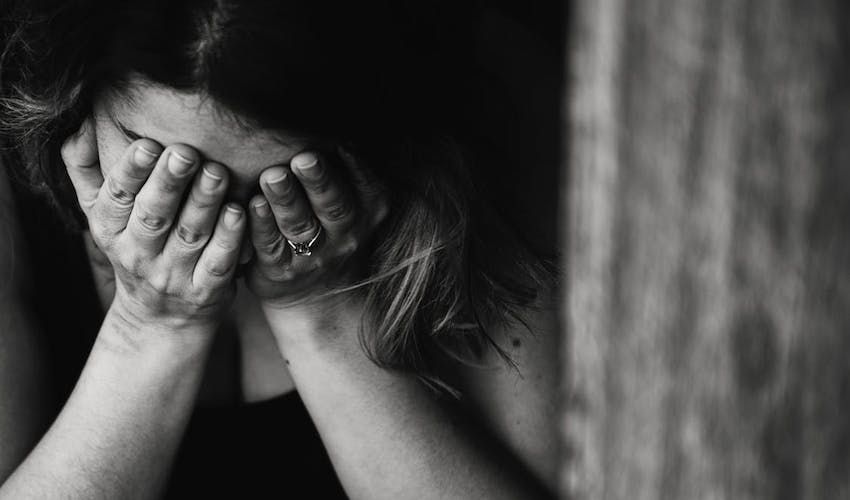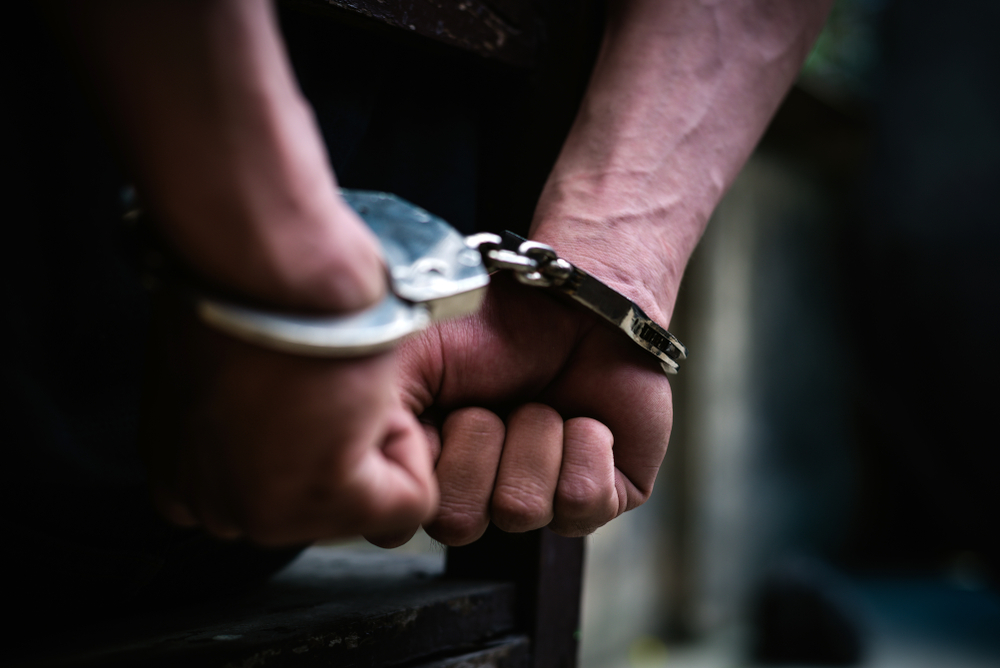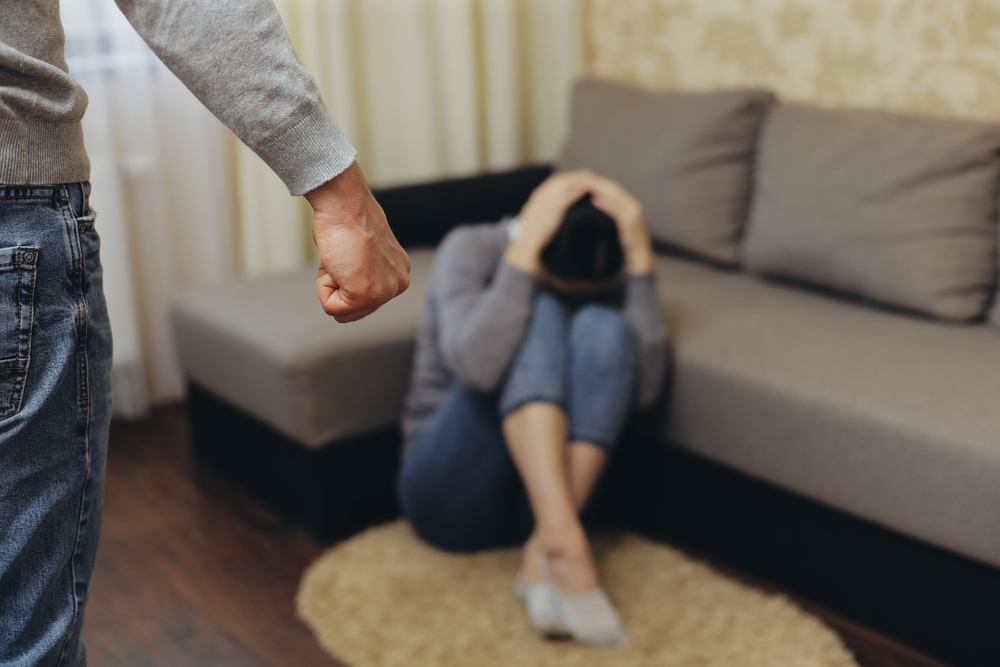


The covid-19 pandemic has made it harder to predict annual peaks and troughs in domestic abuse, according to the local charity Safer, which works with the problem daily.
Yesterday, Express reported on figures published by Citizens Advice Guernsey showing that it investigated 104 cases of domestic abuse in 2020 and 2021 with peaks of reported incidents after each covid lockdown.
Safer's Head of Service Naomi Wood told Express that her experience of domestic abuse is also that cases have been increasing each year in line with the findings published by the Bureau.
“Safer’s figures are consistently going up year on year. We used to see rises mid to late January and after the summer holidays, but changes in recent years due to covid have made these patterns difficult to predict,” said Ms Wood.

Pictured: Domestic abuse charity Safer has seen an increase in the number of people seeking its help and support.
“We saw an increase in cases over the lockdown periods, most dramatically through our outreach services and refuge.
"People can self-refer for these services, which was important over lockdown because people had fewer safe spaces they could access, such as work, group and public areas, so they were less able to seek support from others.”
The Citizens Advice Bureau's report showed that repeat offending in domestic abuse cases doubled between 2014 and 2020.
Ms Wood said that repeat offending has always been a problem.

Pictured: Safer's Head of Service Naomi Wood said that repeat offending is common in domestic abuse cases.
“The criteria for what constitutes repeat offending for local Multi-Agency Risk Assessment Conference (MARAC) purposes was changed in line with 'Safelives' MARAC guidance updated in the UK around 2018, which is why this is reflected in the reported cases,” she said.
“Domestic abuse is a pattern of abuse and a cycle, so we would expect to see repeat cases.”
Safer’s own adult services report for the period 1 October 2020 to 30 September 2021 showed one-third of those supported were repeat clients to the service.
“This evidence further shows the cyclical nature of domestic abuse and indicated that, once someone has reached out for help and support once, they are more likely to report incidents of domestic abuse in the future,” said Ms Wood.

Pictured: 90% of Safer domestic abuse service users are female, but research indicates that around one in six men will experience a form of domestic abuse.
Safer's Insights report showed that 90% of the service users were female, although the charity also supports male victims.
“We know from the local statistics that domestic abuse is a gendered crime, but this absolutely does not mean it does not happen to men," said Ms Wood.
"Domestic abuse is unacceptable in any case and we are here to offer a service to all.
“There are barriers to anyone coming forward to speak about their experiences of domestic abuse, but some groups, such as LGBTQ+, men and those with disabilities can have added barriers.”
“Ultimately, we know that local statistics show one in three women and on in six men will experience some form of domestic abuse in their lifetime, so it is vital that services such as ours offer support to all those in the Bailiwick who need it.”
If you have experienced domestic abuse you can contact:
Police - (01481) 222222 or dial 999 in an emergency
Safer - (01481) 721999
Comments
Comments on this story express the views of the commentator only, not Bailiwick Publishing. We are unable to guarantee the accuracy of any of those comments.